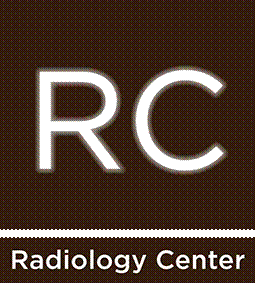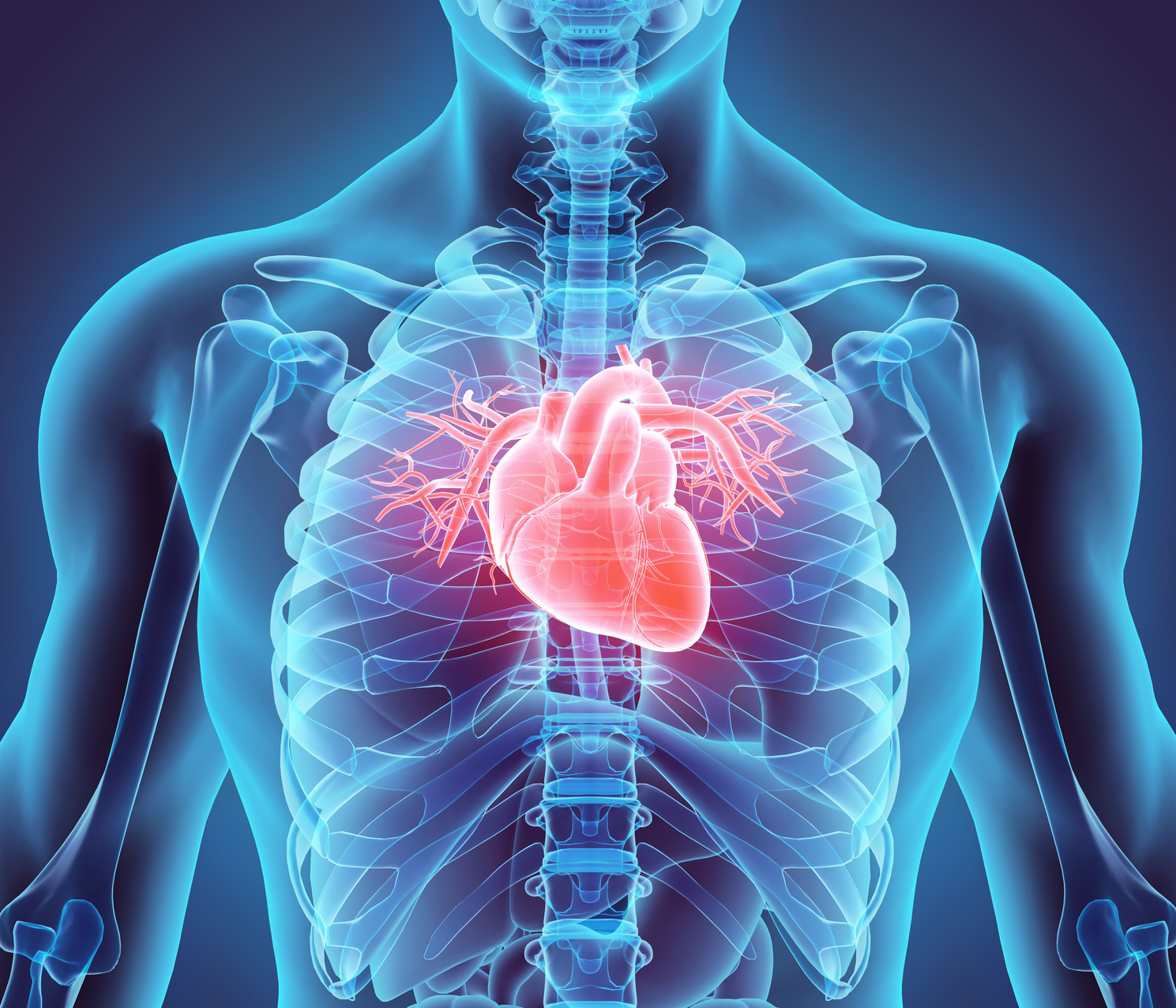
Cardiovascular diseases are among the most common causes of death in Europe. At Wiener Privatklinik (WPK), we offer you state-of-the-art cardiological diagnostics and treatment at the highest international level – with one clear goal: to ensure your long-term heart health.
As one of Austria’s leading private clinics, WPK combines medical excellence with personalised care. Our centre of excellence for cardiovascular medicine brings together cardiologists, internists, radiologists and surgeons under one roof, ensuring interdisciplinary, holistic treatment.
Sub-specialities in cardiology The nature of the work often requires the development of sub-specialities for cardiologists. As this is a very complex speciality, there are a variety of specifications. Examples would be: – Interventional Cardiology – Adult Congenital Heart Disease – Cardiac Imaging – Heart Failure including Heart Transplantation and Supporting Devices
Cardiology is one of the medical fields that is developing the most, i.e. more and more specialisations and sub-specialisations are emerging. These include inherited heart diseases, cardio-oncology and interventional valve therapy.
Our cardiological specialisations at the Vienna Private Clinic
At the Competence Centre for Cardiovascular Medicine at the Vienna Private Clinic, we treat some very common heart defects and diseases.
Coronary heart disease
As the most common heart disease worldwide, coronary heart disease requires individualised treatment planning. Treatment is very complex and varied and, in addition to medical treatment, also includes various surgical procedures such as the well-known bypass operation and minimally invasive balloon dilatation, nowadays combined with the use of a stent. We offer comprehensive diagnostics using stress ECG, CT angiography and cardiac catheterisation as well as modern procedures such as balloon dilatation and stent implantation.
Heart failure
Heart failure (cardiac insufficiency) is the abnormal inability of the heart to pump the amount of blood required by the body in the atria without an increase in pressure. Heart failure (acute or chronic) often remains unrecognised for a long time.Die akute Herzinsuffizienz entwickelt sich innerhalb von Stunden durch Herzrhythmusstörungen oder Arrhythmie, mechanische Behinderung der Kammerfüllung, Herzklappenfehler, akute Herzmuskelentzündungen oder Lungenembolien. In comparison, chronic heart failure develops over months or years. This is combined with the frequent absence of noticeable symptoms because the organism compensates for the undersupply by accelerating the heartbeat, thickening the heart muscle, narrowing the blood vessels or increasing the blood volume. At the WPK, we offer a comprehensive assessment including MRI, blood analyses and echocardiography. Treatment is individualised – with medication, intervention or surgery and is always interdisciplinary at the WPK.
Cardiac arrhythmia
Atrial fibrillation, extrasystoles or ventricular fibrillation: These are disturbances of the normal heart rate caused by irregular conduction processes in the heart muscle. The causes can be both congenital and acquired. Not every arrhythmia is life-threatening, but many require treatment. The ECG (electrocardiogram), especially the long-term ECG, is particularly helpful in recognising the different types and forms of cardiac arrhythmia. In cases of doubt, an electrophysiological examination may be necessary. Not all cardiac arrhythmias require treatment. If treatment is indicated, it is carried out with heart rate regulating and stabilising medication, by implanting a pacemaker or an implantable defibrillator (AICD), by cardiac catheterisation or bypass surgery.
How your cardiological treatment at the WPK proceeds
- Initial examination: medical history, ECG, blood tests, imaging
- Diagnostics: stress tests, long-term ECG, MRI, CT, angiography
- Therapy planning: interdisciplinary case discussion and individualised therapy
- Treatment: medicinal, interventional, surgical
- Aftercare: check-up appointments, lifestyle counselling, rehabilitation
Why cardiology at the Vienna Private Clinic?
- State-of-the-art equipment and technologies (MRI, CT, cath lab)
- Interdisciplinary collaboration for holistic treatment
- Quick appointments without long waiting times
- International patient care (30+ languages)
- Individual support from leading specialists
FAQ
What is cardiology?
The medical specialty of cardiology is known as a part of internal medicine that focuses on diseases and disorders related to the heart. The diagnosis and treatment of heart diseases such as heart defects, arterial diseases related to the heart, heart failure and much more sums up the scope of cardiology.
Cardiology includes several subspecialties such as echocardiography, nuclear cardiology and interventional cardiology.
Cardiology subspecialties include cardiac electrophysiology, echocardiography, interventional cardiology and nuclear cardiology.
There are a number of diseases of the cardiovascular system that are treated and investigated in the field of cardiology. These include acute coronary syndrome, angina pectoris, atherosclerosis, coronary heart disease and restenosis.
A number of devices are typically used in the field of cardiology, such as various types of balloons and defibrillators, a pacemaker and a stethoscope. Artificial hearts are also used and examined in the field of cardiology.
When should you see a cardiologist?
If you have symptoms such as chest pain, shortness of breath, severe palpitations or a family history of heart palpitations, a cardiological examination is advisable.
What is the work of a cardiologist?
The patients that cardiologists treat and diagnose are mostly adult patients with a range of possible different conditions such as:
- Angina pectoris (chest pain caused by a narrowing of the coronary arteries)
- Cardiac arrhythmia, e.g. atrial fibrillation (irregular heartbeat)
- Cardiomyopathy (disease of the heart muscle) with heart failure including pulmonary insufficiency
- Edema (fluid accumulation)
- Coronary thrombosis or myocardial infarction (heart attack) often in conjunction with high blood pressure and high cholesterol levels
- Diseases of the arteries (atherosclerosis, arteritis, atheroma)
The conventional wisdom is that cardiology and cardiologists focus on improving survival rates and regaining quality of life after heart disease, dysfunction or failure, but it encompasses a much more diverse field.
Prevention and the course of the disease also play a similar role and are very important.
How do I find the best cardiologist in Vienna?
Pay attention to specialization, experience, equipment of the practice and interdisciplinary networking. The WPK unites renowned cardiologists under one roof.
What are the most important services provided by a cardiologist in Vienna?
Diagnosis and treatment of heart failure, coronary heart disease, arrhythmias and cardiovascular prevention. Invasive interventions and aftercare are also key components.
Welche Qualifikationen sollte der beste Kardiologe in Wien haben?
Specialist training in internal medicine with a focus on cardiology as well as further training in areas such as interventional cardiology, imaging or electrophysiology.
What distinguishes a private cardiologist in Vienna from a public one?
Private cardiologists often offer faster appointments, more time for consultations, access to state-of-the-art diagnostics and individual care.
How can I consult a cardiologist in Vienna privately and what are the advantages?
Simply make an appointment by phone or online. Advantages: short waiting time, comprehensive diagnostics on site, close support from specialized teams.c
How much does a consultation with a private cardiologist in Vienna cost?
The costs start at around €150 for an initial consultation. Diagnostics and procedures are charged on a time and material basis. We will be happy to provide you with a transparent cost plan.


